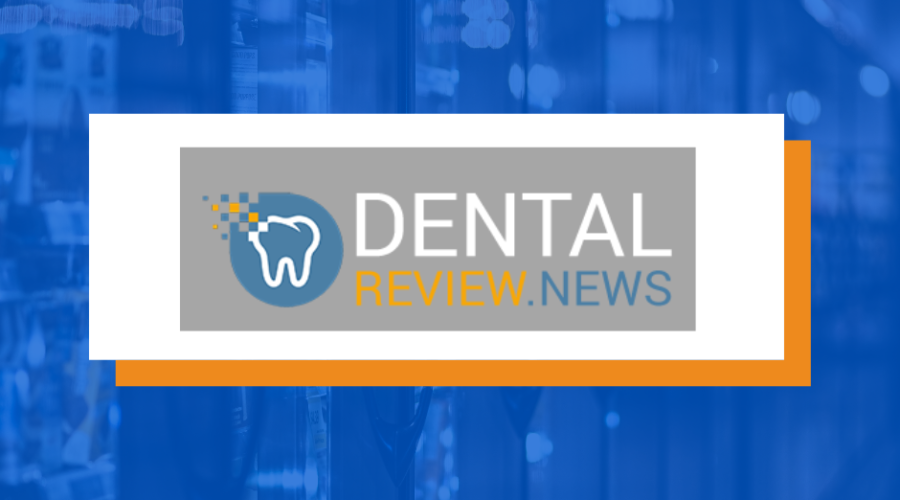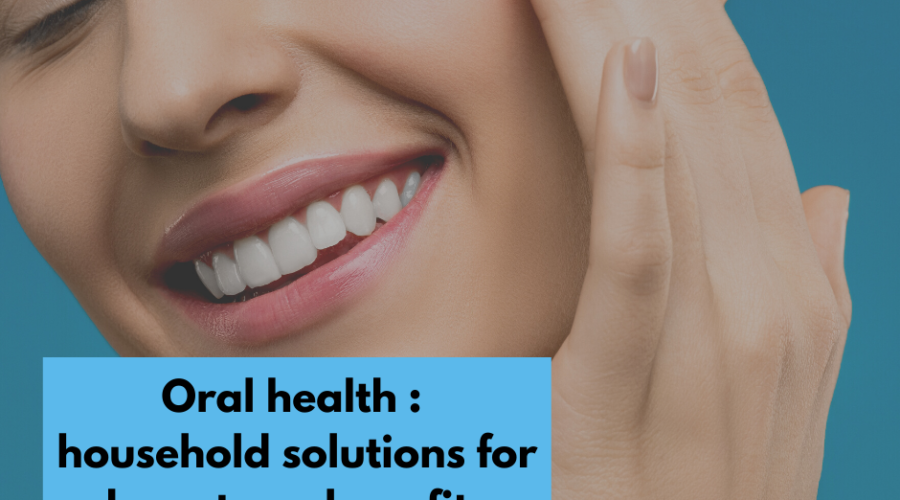Farewell, Insulin? The Diabetes ‘Cartel’ Is Disrupting Itself, Proving Cynics Wrong
Diabetes affects nearly half a billion people worldwide, and the numbers are only going up with each generation. Recent research published by the American Diabetes Association and the CDC projects that by 2060 there will be at least 220,000 young people in the U.S. under the age of 20 with Type 2 diabetes. That’s a roughly 700 percent increase from just a few years ago. The disease poses one of the most significant known challenges to modern healthcare systems and has contributed to a new race for innovative, affordable solutions to weight gain and obesity. That race is led by Novo Nordisk, the maker of Ozempic and Wegovy, and it defies much of the usual cynicism about pharmaceutical giants.
The impact of diabetes extends beyond individual suffering. It’s a condition with huge downstream economic effects – costing the United States a staggering $412 billion annually. Care for the condition accounts for about 10 percent of overall healthcare spending worldwide. As of 2023, people with diagnosed diabetes are responsible for one of every four dollars spent on healthcare in the U.S.
Insulin manufacturers frequently face criticism for escalating prices not making enough of the essential injections. Some U.S. states have even resorted to legal action, accusing insulin makers of maintaining artificial shortages. These companies are often vilified as the embodiment of greed, profiteers of patients’ misery.
U.S. Senator Bernie Sanders knocked Novo Nordisk at the end of March, saying “Novo Nordisk did the right thing by recently reducing the price of its insulin products by some 75% in America – a company that made nearly $15 billion in profits last year, must now do the right thing with respect to Ozempic and Wegovy.”
The world’s largest insulin producers, Eli Lilly and Novo Nordisk, are spearheading the transition to make insulin injections obsolete for millions with developments of drugs classified as glucagon-like peptide-1 receptor agonists (GLP-1) such as Mounjaro/Zepbound and Ozempic/Wegovy. Eli Lilly was the first to commercialize synthetic insulin in 1982 and these companies are now actively betting on disrupting their own business models which made them global leaders in pharmaceuticals.
These drugs work by essentially mimicking certain hormones produced by the human body, boosting feelings of fullness and satiety.
Patients crave less food and have even shown shifts in their overall food preferences. People taking the drugs were shown pictures of foods and demonstrated “less desire for salty, spicy, high-fat, sweet, and savory foods.” This was also the case with starch and dairy. Eating healthier becomes so much easier on GLP-1 drugs.
Beyond weight loss, GLP-1 agonists reduce the risk of stroke and heart disease. They even might mitigate dementia and Parkinson’s. Recently, the FDA approved Wegovy for treating severe cardiovascular conditions. Some reports even suggest that these drugs moderate alcohol consumption and addictive behaviors like gambling.
Will these myriad benefits help alleviate healthcare inflation? Presently, GLP-1 agonists come at a considerable cost, with an annual treatment cycle averaging $12,000 per patient in the U.S. Growing competition could reduce the sticker shock. More importantly, patients whose long-term health is greatly bettered by the drugs will enjoy lower healthcare costs.
Thus, GLP-1 agonists have the potential to trim healthcare costs by a few percentage points of GDP. If realized, that’s a very different, more healthy world. Sheila Kahyaoglu of Jefferies Financial told Bloomberg that United Airlines alone stood to save $80 million annually on fuel costs if the average passenger shed 5 kilograms of body weight. Meal delivery services and fast-food chains are rapidly adapting, offering healthier options to accommodate customers embracing healthier lifestyles.
Perhaps the most misguided and longstanding accusation about pharmaceutical companies is that they aim to profit from perpetual illness rather than pursue the creation of curative drugs. The industry disruption we’re witnessing around diabetes management and weight loss should long stand as a reminder of just how wrong that cynical claim is.
Originally published here










